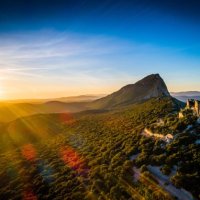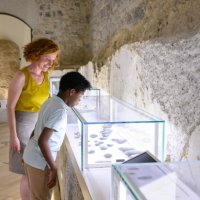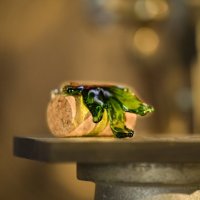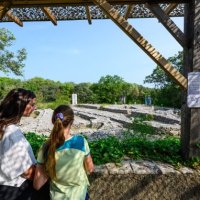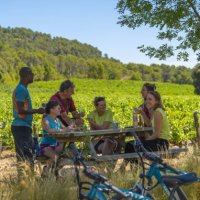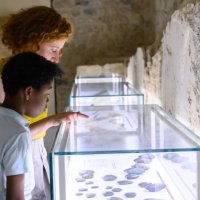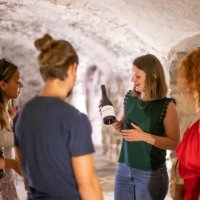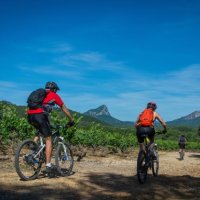Bruno le Breton - Domaine de la Jasse
Winegrowing and the region
In 2008, Bruno Le Breton took over Domaine de la Jasse, where he had previously worked as an oenologist. It's been a wonderful adventure, and one that has given him a keen insight into the changing world of wine.

Is taking over Domaine de la Jasse a great challenge?
Of course it was! I became an entrepreneur overnight. I had to borrow money, which pushed me to look at the long term. It then seemed obvious to me to find meaning in the story I wanted to write.
So you signed up to a CSR* approach?
It happened gradually. I realised that these were good management tools. This approach constantly challenges us: what do our customers expect of us? Our employees? What does society expect of us? Our region? Reversing the proposition in this way makes it easier to find answers, particularly when it comes to environmental issues.
* CSR: Corporate Social Responsibility.
What is your philosophy when it comes to making your wines?
We like to make choices and create new things. For example, we work with Merlot and Cabernet**, whereas here Syrah and Grenache** are traditionally more present.
But our customers like this choice because we've found that these grape varieties, when properly matured and aged, offer pleasure both to people who are a bit new to wine, and to a more demanding public who will appreciate the elegance of a more structured wine, with more aromatic complexity and a good capacity for ageing. It's a challenge we relish.
** Merlot, Cabernet, Syrah, Grenache: these are all different varieties of vine.
What are the advantages of the Grand Pic Saint-Loup?
There's one obvious fact that we often forget: the Mediterranean region is a global hotspot for biodiversity. We've carried out inventories, talked to recognised specialists... The reports speak for themselves; when you compare them with other wine-growing regions, including some of the most prestigious, it's hard to be jealous! We also have access to the sea, which brings us water, an essential commodity for all agriculture. Finally, if we have this mosaic of vines in the middle of the garrigues, it's because others before us have broken stones! We owe it to our ancestors and our history to have structured and maintained our landscapes.


Who are they?
Wine is not a natural product, it is a human creation. So making wine necessarily has an impact. We have to deal with global warming, saving resources, preserving biodiversity and pollution. For each of these issues, our approach is to quantify precisely how we can reduce our negative impact, and how we can increase the positive contribution we make on a regional scale. This is part of a virtuous dynamic of quantified progress.
What does "a different idea of travel" mean to you?
A trip where you feel welcome and at ease.
